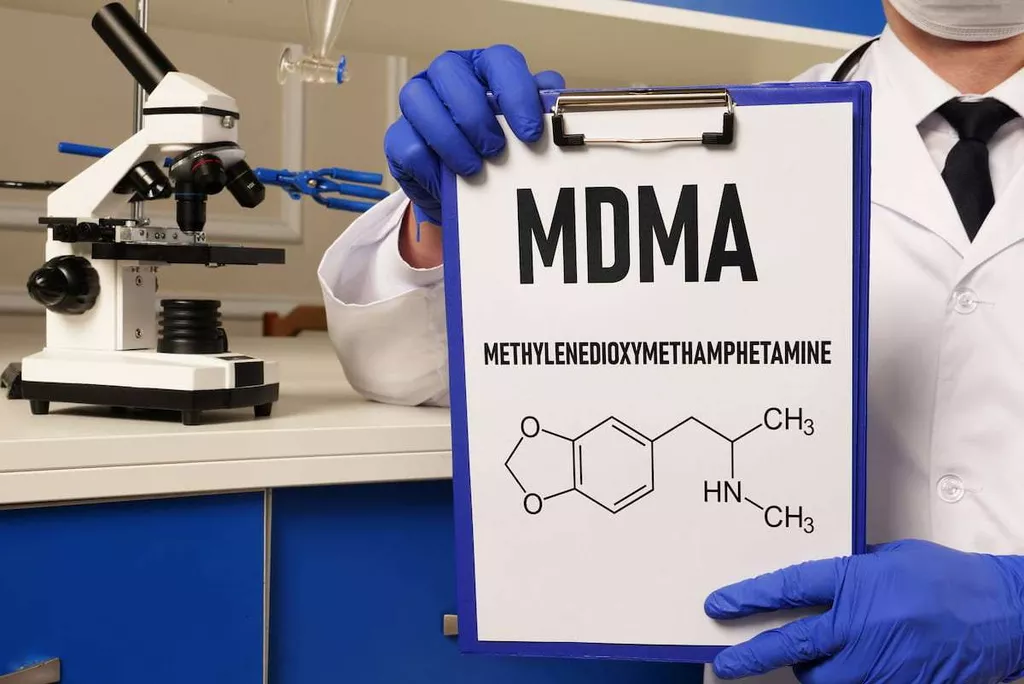End-Stage Alcoholism: Signs, Symptoms, Management
Professional guidance can support long-term recovery and prevent further harm. Alcohol Alcoholics Anonymous misuse contributes to mood swings and mental health issues, including irritability, aggression, depression, and anxiety. Many use alcohol to cope with stress or emotional pain, leading to dependency. Over time, alcohol worsens underlying conditions, creating a harmful cycle that affects overall well-being. A strong sign of alcohol misuse is repeated unsuccessful attempts to reduce or stop drinking.
Oral cancer
- Many people don’t recognize these behaviors as problematic until they escalate.
- Yes, alcohol misuse disrupts sleep patterns by interfering with REM sleep, leading to poor sleep quality, frequent awakenings, and increased fatigue.
- Their compassionate addiction specialists create a safe, supportive environment where patients can rebuild their lives free from alcohol dependence.
- Excessive or chronic alcohol use can lead to a steady decline in cognitive function, causing memory problems, difficulty learning new information, mood changes, and behavior changes.
Understanding the risks and addressing alcohol misuse early can improve outcomes and support long-term recovery. During the metabolism of alcohol via the respective dehydrogenases, nicotinamide adenine dinucleotide (NAD) is converted into reduced NAD. Normally, NAD is used to metabolize fats in the liver, and as such alcohol competes with these fats for the use of NAD. Prolonged exposure to alcohol means that fats accumulate in the liver, leading to the term ‘fatty liver’. Continued consumption (such as in alcohol use disorder) then leads to cell death in the hepatocytes as the fat stores reduce the function of the cell to the point of death.
Treatments for Alcohol Use Disorder
Many people refer to alcoholism as a “family disease” because it can have a major impact on all members of the family, whether long-term alcohol misuse may cause they realize it or not. It’s essential to seek out support and resources to help yourself and other family members who may have been affected by their loved ones drinking. Watching a loved one endure the end stages of alcoholism can be frustrating and lonely. Research has shown that long-term alcohol misuse can have a lasting impact on the brain, although some areas may recover with abstinence. The most serious effect is Korsakoff’s syndrome, characterized in part by an inability to remember recent events or to learn new information.
Liver disease
Alcohol has a suppressing effect on the brain and central nervous system. Research has shown that when alcohol is removed from the body, it activates brain and nerve cells, resulting in excessive excitability (hyperexcitability). Long-term alcohol misuse can weaken your immune system, making you more vulnerable to serious infections. It can also weaken your bones, placing you at greater risk of fracturing or breaking them. This will leave you feeling badly dehydrated in the morning, which may cause a severe headache.
- These brain changes contribute to the compulsive nature of addiction, making it difficult to abstain from alcohol.
- Prioritizing drinking over obligations is a clear sign of problematic alcohol use.
- The excess amount of alcohol in your system can also upset your digestion, leading to symptoms of nausea, vomiting, diarrhoea and indigestion.
- Normally, NAD is used to metabolize fats in the liver, and as such alcohol competes with these fats for the use of NAD.
Organs known to be damaged by long-term alcohol misuse include the brain and nervous system, heart, liver and pancreas. Now is the time to line up support from addiction specialists, mental health professionals, friends and family, and others living with an alcohol use disorder. By the time a person is in the end stages of alcoholism, there can be no denying that drinking has taken over their life and damaged their health. Over time there is a progression of liver disease from hepatitis (inflammation) to fibrosis (hardening) and eventually to scarring of the tissue (cirrhosis).
Support links
- Over time, chronic alcohol misuse can contribute to insomnia and other sleep disorders.
- It is defined as consuming five or more drinks within two hours for men and four or more for women.
- But if you feel you need extra help, you may want to check out your local branch of Alcoholics Anonymous.
Many benefit from a combination of detoxification, behavioral therapy, medication, and peer support. Seeking professional guidance helps create a personalized recovery plan that increases the likelihood of lasting success. Excessive alcohol consumption also increases risky behaviors, such as impaired judgment, unsafe sexual encounters, and legal troubles like https://ecosoberhouse.com/ DUI arrests.
- Chronic alcohol consumption damages brain regions responsible for memory, decision-making, and emotional regulation.
- Dial 999 for an ambulance if you suspect alcohol poisoning and you’re worried.
- Early signs include difficulty controlling alcohol intake, increased tolerance, and withdrawal symptoms.
- Early intervention can prevent serious health, legal, and social consequences.






